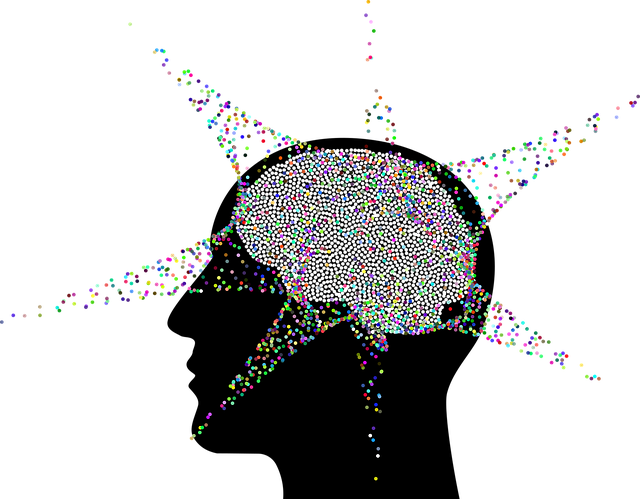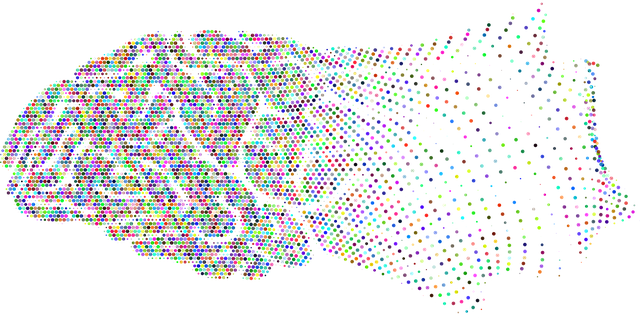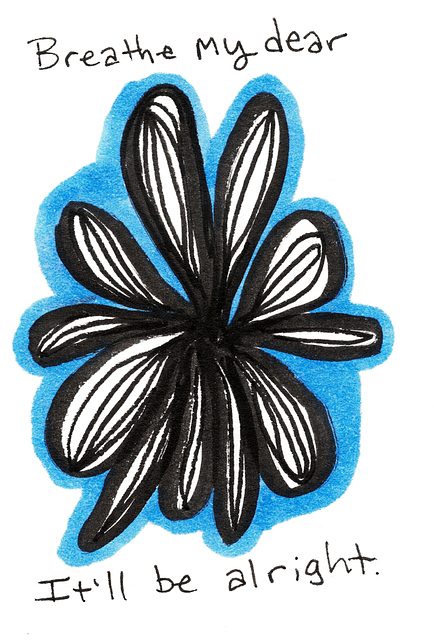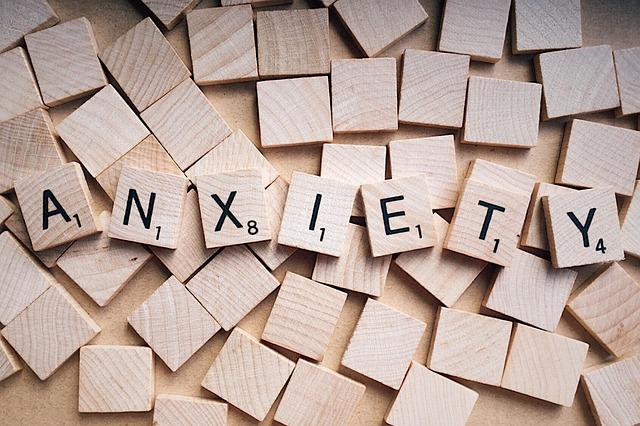Castle Rock Therapy (CRT) is a nature-inspired approach that helps therapists and clinicians build mental resilience by identifying and focusing on their 'mental rocks'—core beliefs, values, and strengths. Through techniques like active listening, mindfulness practices, cognitive restructuring, and goal-setting, CRT enhances self-care, proactive stress management, and clinical outcomes. This method promotes a safe, supportive environment for clients to explore emotions freely, develop coping strategies, and build resilience, ultimately reducing mental illness stigma and strengthening the therapeutic alliance.
“Unleash resilience with Castle Rock Therapy—a powerful framework designed to fortify individuals against life’s challenges. This article explores how therapists and clinicians can integrate this innovative approach into their practice, empowering clients to navigate stress and adversity. We delve into the implementation of RFM (Resilience-Building Exercises), uncovering practical strategies and techniques that benefit both therapists and clients. Discover the profound impacts of these exercises on mental well-being and learn why adopting Castle Rock Therapy is a game-changer in therapeutic practices.”
- Understanding Castle Rock Therapy: A Framework for Resilience
- Implementing RFM in Clinical Practice: Strategies and Techniques
- The Benefits of Resilience-Building Exercises for Therapists and Clients
Understanding Castle Rock Therapy: A Framework for Resilience

Castle Rock Therapy (CRT) offers a unique framework for building resilience among therapists and clinicians. This approach draws inspiration from nature’s ability to heal and adapt, using rock formations as a metaphor for mental strength and perseverance. CRT encourages professionals to identify their ‘mental rocks’—core beliefs, values, and strengths—which serve as the foundation for navigating challenges. By understanding these inner resources, therapists can enhance their own resilience and, in turn, better support their clients’ mental wellness journeys.
In today’s demanding healthcare landscape, where burnout is a prevalent concern, CRT’s focus on self-care practices is particularly valuable. The therapy promotes proactive strategies for stress management, allowing professionals to prevent burnout and maintain optimal performance. Incorporating techniques from this framework into therapy sessions and personal development plans can lead to enhanced clinical outcomes and improved overall mental wellness for both therapists and their clients.
Implementing RFM in Clinical Practice: Strategies and Techniques

Implementing Castle Rock Therapy (CRT) techniques in clinical practice offers a robust framework for enhancing therapeutic outcomes. Therapists-clinicians can leverage CRT’s focus on relationship, flexibility, and meaning to foster resilience among clients. By integrating these principles, professionals can design mental health education programs that promote emotional well-being and effective mood management strategies.
One key strategy involves creating a safe and supportive therapeutic environment, where clients feel understood and encouraged to explore their emotions freely. Techniques such as active listening, reflective listening, and open-ended questioning facilitate this process. Additionally, incorporating emotion-focused exercises tailored to individual needs can significantly contribute to building resilience. These may include mindfulness practices, cognitive restructuring techniques, and goal-setting activities aimed at helping clients navigate life’s challenges more adaptively.
The Benefits of Resilience-Building Exercises for Therapists and Clients

Resilience-building exercises offer a powerful tool for therapists and clinicians in their practice, benefiting both professionals and clients alike. These exercises are designed to enhance emotional well-being and promote mental illness stigma reduction efforts. By integrating Castle Rock Therapy techniques into their sessions, therapists can create a safe space for clients to develop coping strategies and build resilience. This not only aids in managing existing conditions but also serves as an effective risk assessment method for mental health professionals, ensuring they are equipped to handle complex cases.
Through regular practice, these exercises empower individuals to navigate challenging situations with greater ease. They foster self-awareness and provide clients with a sense of control over their emotional responses, which is particularly valuable in managing symptoms associated with various mental health concerns. Additionally, the implementation of resilience-focused activities contributes to a positive therapy experience, encouraging open communication and strengthening the therapeutic alliance between client and therapist.
Castle Rock Therapy (CRT) offers a powerful framework for therapists and clinicians to enhance their practice and improve client outcomes. By integrating RFM principles and resilience-building exercises, professionals can create a supportive environment that fosters growth and adaptability. These techniques not only benefit clients but also empower therapists, enabling them to navigate complex cases with increased confidence. With consistent application, CRT has the potential to revolutionize therapy by strengthening individuals’ resilience, ultimately leading to better mental health and well-being.














